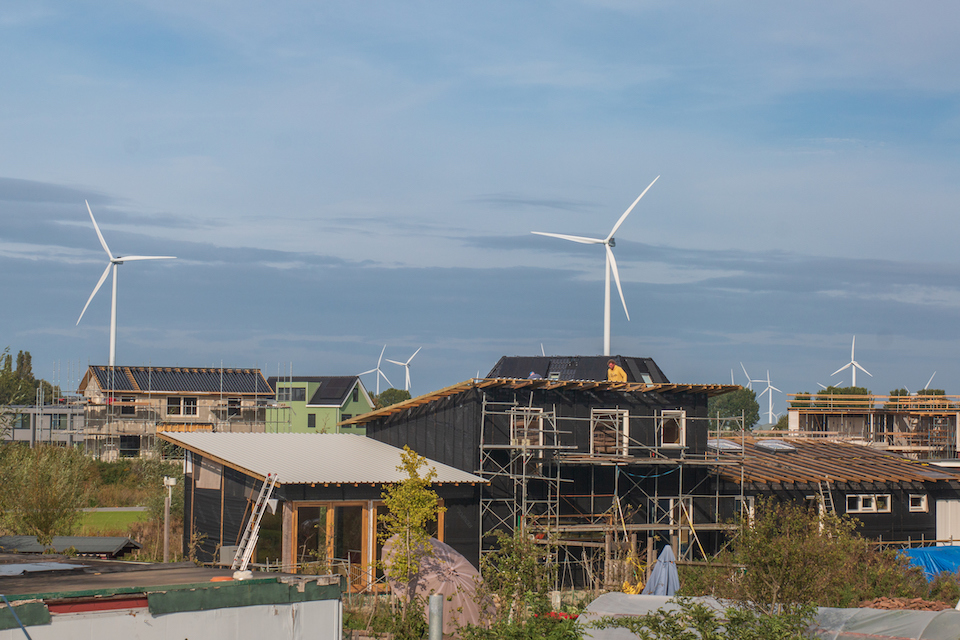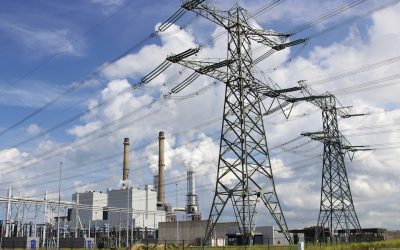Sharing energy: the basics
Energy sharing means that members of an energy community, such as residents of a neighbourhood or small businesses on an industrial estate, share locally generated energy with each other. This can be generated, for example, by solar panels on roofs or a windmill in the neighbourhood.
The new Energy Act provides a framework for this, but many practical questions remain to be answered. What about the distribution of costs and benefits? What contracts are needed? And how do we ensure that the system is fair and transparent?
Blijstroom energy cooperative: an example
A concrete example is Energy Cooperative Blijstroom in Rotterdam. This cooperative wants to supply cheap solar power to tenants of SKAR art studios. To achieve this, several issues need to be addressed:
- Business model: How can the cooperative charge a fair price for the energy generated and at the same time keep the electricity affordable for the customers?
- Contracts : What agreements and contract adjustments are required between the cooperative, the workshops and the grid operator?
- Legislation: How does the initiative meet the requirements of Article 2.30 of the Energy Act?
The challenges of energy sharing
Sharing energy is a complex process with several challenges:
- Technology: A measuring device is required to monitor and settle generated and shared energy.
- Finance: The investment costs and the distribution of returns must be clear to all participants.
- Regulations: The laws and regulations surrounding energy sharing are still under development.
The future of energy sharing
Despite the challenges, energy sharing offers promising opportunities:
- Sustainable energy: Stimulates the generation of local, sustainable energy.
- Lower costs: Can lead to lower energy costs for participants.
- Involvement: Increase the involvement of citizens and companies in the energy transition.
Energy sharing is an important step towards a sustainable energy supply. However, it is crucial to properly arrange the practical and legal aspects. With the right approach, energy sharing can lead to a fairer, cleaner and more affordable energy system for everyone.





